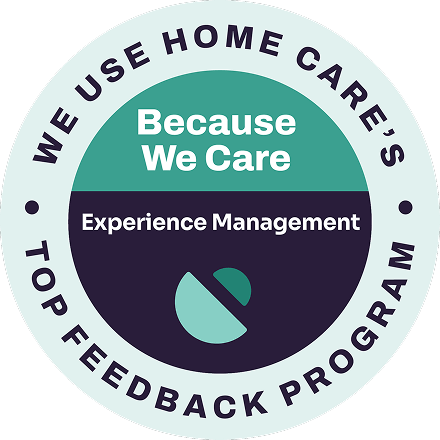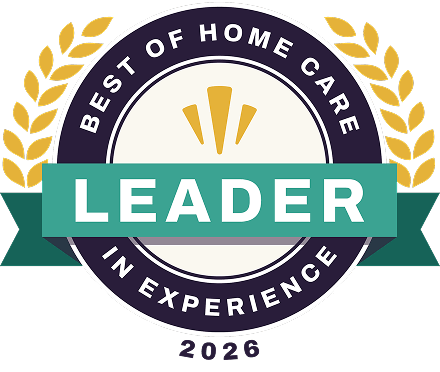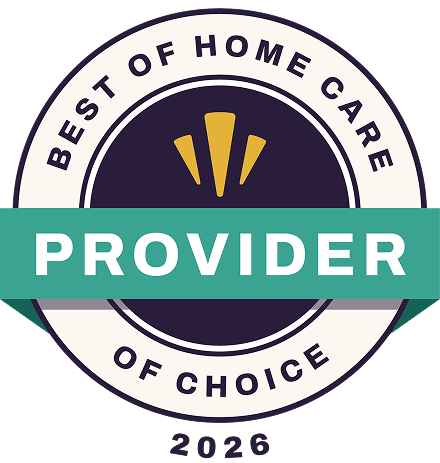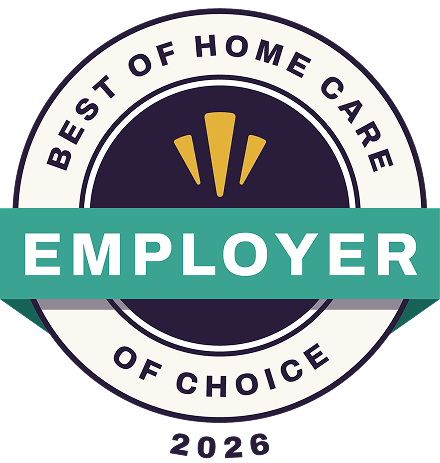What is In-Home Care?
In-home care is a specialized service designed to support seniors within the familiar environment of their own homes. It encompasses a variety of services tailored to meet the unique needs of elderly individuals, such as assistance with daily activities, medication management, and companionship. This form of care is particularly beneficial for seniors, allowing them to maintain their independence while receiving the necessary support and care. In-home care is flexible, offering help ranging from a few hours a day to around-the-clock assistance, depending on the individual’s needs.
The process of acquiring in-home senior care is simple. It involves a care provider completing a comprehensive assessment of the senior’s needs, leading to the development of a customized care plan. Trained caregivers, who visit at scheduled times, will assist with activities of daily living, provide medication reminders, prepare meals, offer companionship, help with light housekeeping tasks and much more. This approach not only ensures that seniors receive the personalized care they need, but also promotes a higher level of one-on-one attention compared to other care settings, enhancing their overall well-being and quality of life.
Types of In-Home Care
In-home care is generally categorized into three types: non-medical personal care, nursing care, and home health care. Non-medical home care includes assistance with basic tasks such as cooking, cleaning, personal hygiene, and companionship. Nursing care, or long-term nursing, is intended for seniors who require medical care for chronic conditions or disabilities, and is provided by registered nurses or licensed practical nurses. They offer specialized medical care, alongside basic living assistance.
Home health care, on the other hand, focuses on seniors recovering from short-term health problems like illnesses or injuries. This care involves a team of professionals including nurses, physical therapists, occupational therapists, and sometimes physicians. It’s typically prescribed by a doctor to help patients recover and regain independence post-major health events like strokes or heart attacks.
In many instances, home health and nursing care are combined with non-medical care to provide a comprehensive care plan for clients with diverse needs. Many of the tasks that each type of care provides assistance with, may only be provided by that provider. For instance, home health will not provide meal preparation or complete light housework. And by the same token, personal care providers may not administer medicine or clean wounds.
By speaking with an in-home care provider, a client’s needs can be properly assessed and the best care plan can be created.
Personal & Companion Care
For loved ones who need a little extra help
with their day-to-day activities

Daily Living Support

24-Hour Care

Live-in Care

Overnight Care

Care Anywhere
Specialized Care
Our professional caregivers are trained to provide
world class complex care

Hospice and End-of-Life Support

Alzheimer's and Dementia Support

Post-Hospitalization Care

Chronic Disease Support
Additional Services
Our team will help guide and prepare
you for your next stages in life

24/7 Virtual Care

Hospital to Home

VA-Approved Care

Respite Care
Frequently Asked Questions
What services are included in home care?
Is home care the right option for my loved one?
Why choose home care over other care options?
How much does home care cost?
The cost of in-home senior care can vary widely depending on factors such as location, the level of care needed, and specific services required. More specialized care, such as dementia care or around-the-clock assistance, may be significantly more expensive than simple companion care.
To get accurate and personalized cost estimates, an assessment should be conducted to determine individual needs and circumstances.
As a starting point, some weekly ranges are listed below, segmented by hours scheduled per week.
- 4 – 12 hours/week
- $100 – $420
- 12 – 20 hours/week
- $320 – $700
- 20 – 40 hours/week
- $550 – $1,400
- 40 – 60 hours/week
- $1,080 – $2,100
- Average weekly hours nationally is 44.
- The hours you receive will be determined by a trained professional based on your unique care needs.






